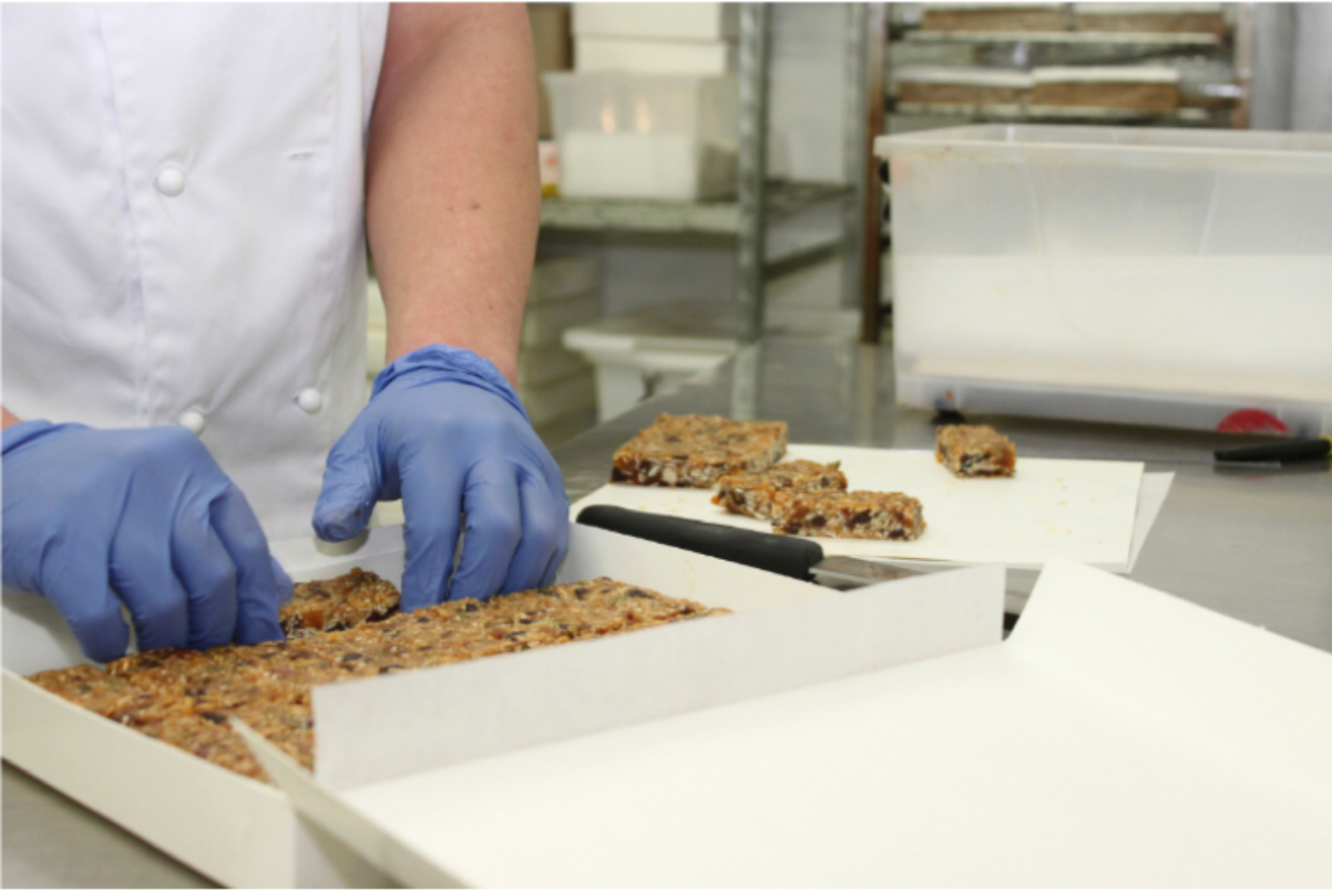In today's conscientious consumer landscape, the demand for morally sourced and also sustainable items has actually risen. Private label food manufacturers have actually become pioneers in this domain name, usually collaborating with contract food makers to spearhead sustainability and also responsible sourcing campaigns. With an undaunted commitment to environmental principles, personal label brand names have made it their mission to deliver sustainable, high-grade options to customers.
Private Label Food Manufacturers

In recent years, private label food manufacturers, likewise called very own brands or store brands, have actually seen an impressive rise in popularity. These manufacturers generate goods sold under the logo of a store, grocer, or private entity. What sets private-label items apart is their capacity to use affordable prices without endangering on top quality.
Contract Food Manufacturers
Several private-label food manufacturers join forces with contract manufacturers to develop their line of product. Agreement food makers are specialists in generating foodstuff for personal tags. This strategic collaboration allows private label firms to use the experience, sources, as well as dedicated food production facilities of their partners.
Sustainability at the Core
Private label food manufacturers use different approaches to improve sustainability within their supply networks:
Ethical Sourcing:
Private label business are significantly devoted to sourcing ingredients according to honest as well as reasonable profession criteria. This entails making sure that producers and employees of resources, such as coffee beans, flavors, or cacao, obtain fair settlement for their efforts.
Local Sourcing:
Focusing on neighborhood sourcing of active ingredients is one more trademark of private-label food makers. This not just minimizes the carbon footprint associated with transportation yet likewise sustains regional farmers and also neighborhoods.
Organic Contents:
With the health food market growing, private labels are reacting by including organic active ingredients into their product lines. Organic farming methods prioritize dirt health and wellness while eschewing synthetic chemicals as well as plant foods.
Sustainable Fish and shellfish:
Private Label Food Manufacturers are thorough in making sure that the fish and shellfish they use is sustainably harvested, sticking to guidelines set by organizations like the Marine Stewardship Council, which promotes liable fishing.
Lowered Food Waste:
Exclusive label companies are proactively servicing minimizing food waste by applying reliable manufacturing procedures and also creating products with longer life span. Some brands are additionally partnering with food rescue organizations to contribute surplus food to those in requirement.
Eco-Friendly Product Packaging and also Efforts
Sustainability efforts by private-label food producers prolong past sourcing ingredients to incorporate packaging as well as eco-friendly initiatives:
Lasting Product packaging:

Private label brands have actually accepted eco-friendly packaging options, consisting of recyclable, naturally degradable, or compostable materials. Redesigning packaging to minimize excess material as well as lower ecological influence is a leading concern.
Waste Decrease:
To decrease waste, private-label food suppliers maximize item dimensions, reduce excess product packaging, and explore innovative product packaging remedies. Some brand names also motivate consumers to join reusing programs.
Power Efficiency:
Numerous personal label makers are buying even more energy-efficient manufacturing plants, minimizing water usage, and taking on renewable energy resources to better decrease their environmental impact.
Carbon Neutral Initiatives:
Some private brand name food makers are taking enthusiastic actions to attain carbon neutrality private label specialty foods by countering their greenhouse gas emissions via reforestation projects and renewable resource credits.
Difficulties and the Roadway Ahead
In spite of the substantial strides made in sustainability and accountable sourcing, private-label food manufacturers face difficulties. Stabilizing sustainability with cost-effectiveness can be a fragile act, in some cases needing concessions on lasting active ingredients or the exploration of environmentally friendly choices.
However, the future of private-label food manufacturing holds fantastic assurance. As customer understanding and need for lasting products continue to climb, private-label brand names and also their agreement food manufacturing partners are most likely to magnify their efforts. Collaboration with providers and also investment in lasting technical advancements and also transparency will be pivotal fit a lasting future for the market.
Regularly Asked Questions
Q1: What are private label food manufacturers?
Private label food manufacturers generate items marketed under the logo of a store, grocer, or personal entity. They use competitively valued products without jeopardizing on top quality.
Q2: Exactly how do private label food manufacturers advertise sustainability?
Private label food manufacturers advertise sustainability via moral sourcing, local active ingredient purchase, the use of organic components, lasting seafood methods, and also initiatives to lower food waste.
Q3: What green product packaging choices do private label brand names make use of?
Private label brands embrace green product packaging alternatives such as recyclable, biodegradable, or compostable materials. They likewise upgrade product packaging to decrease excess product as well as reduce environmental effect.
Q4: What challenges do private label food manufacturers encounter in sustainability efforts?
Stabilizing sustainability with cost-effectiveness is a significant challenge for private label food manufacturers. This might require concessions on sustainable components or the exploration of green options.
Conclusion
Private label food manufacturers go to the center of the sustainability and responsible sourcing activity within the food sector. Their dedication to moral sourcing, local procurement, organic components, and sustainable methods, along with their commitment to environmentally friendly packaging and waste reduction efforts, show their decision to fulfill the demands these days's eco-conscious customers.
In spite of the difficulties they encounter, private label food manufacturers are poised for a promising future. With customers increasingly focusing on sustainability, the market is most likely to witness also higher cooperation with providers, financial investment in lasting innovations, and also a commitment to openness. As we move forward, private label food manufacturers will certainly continue to play a vital function in shaping a much more sustainable and also ethical food landscape for all.